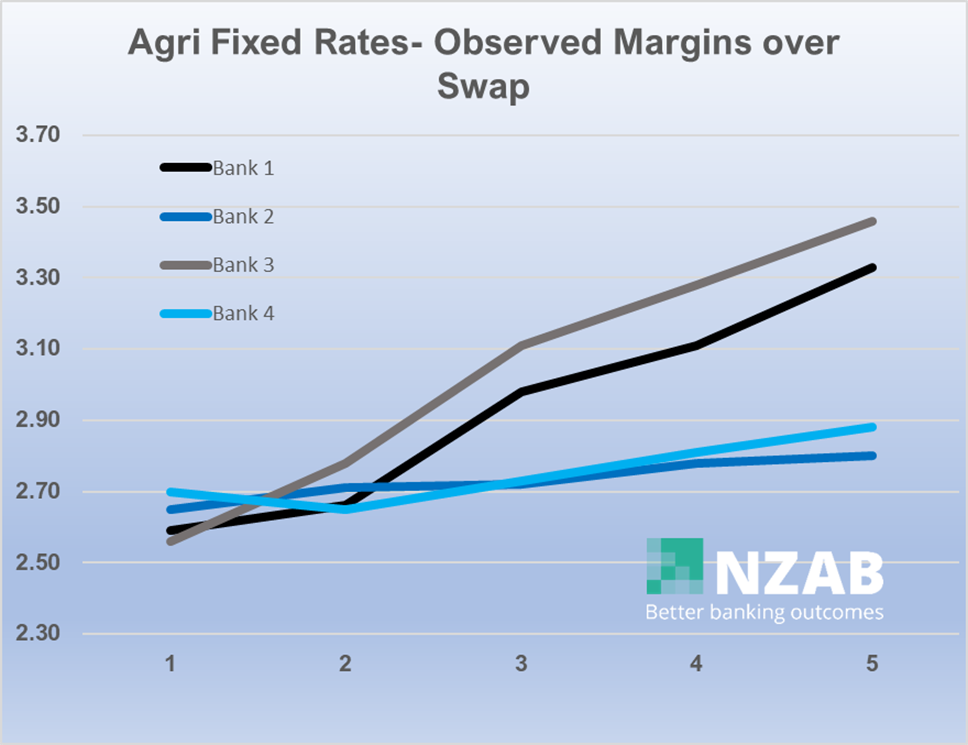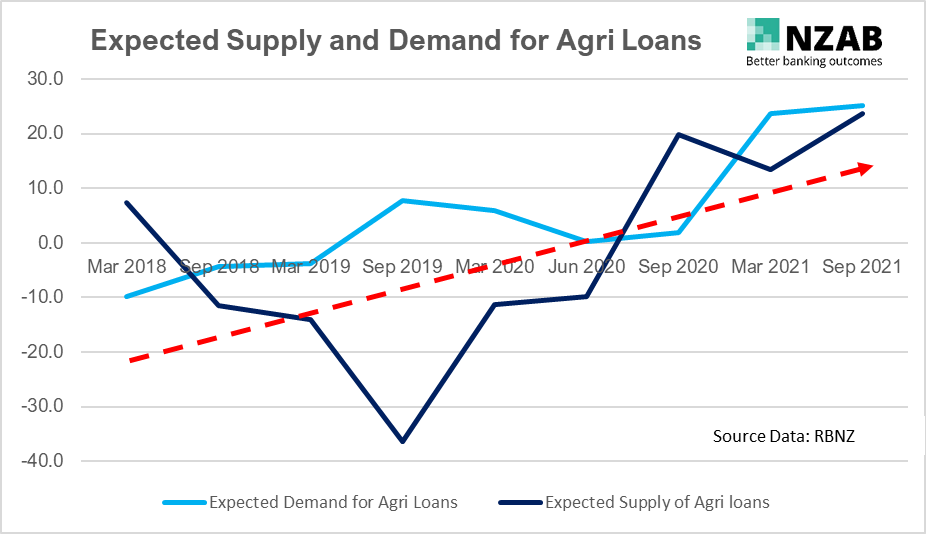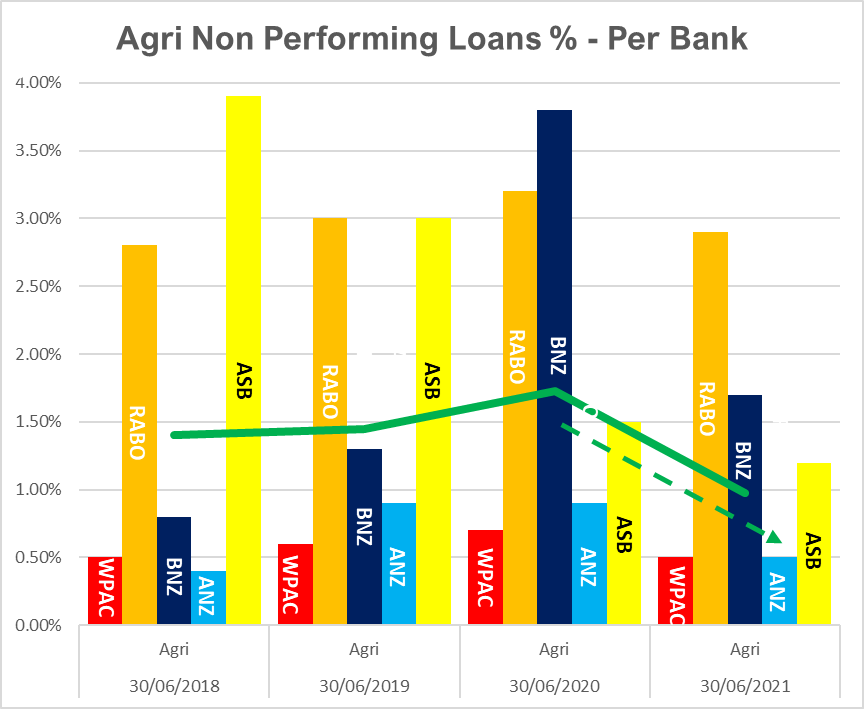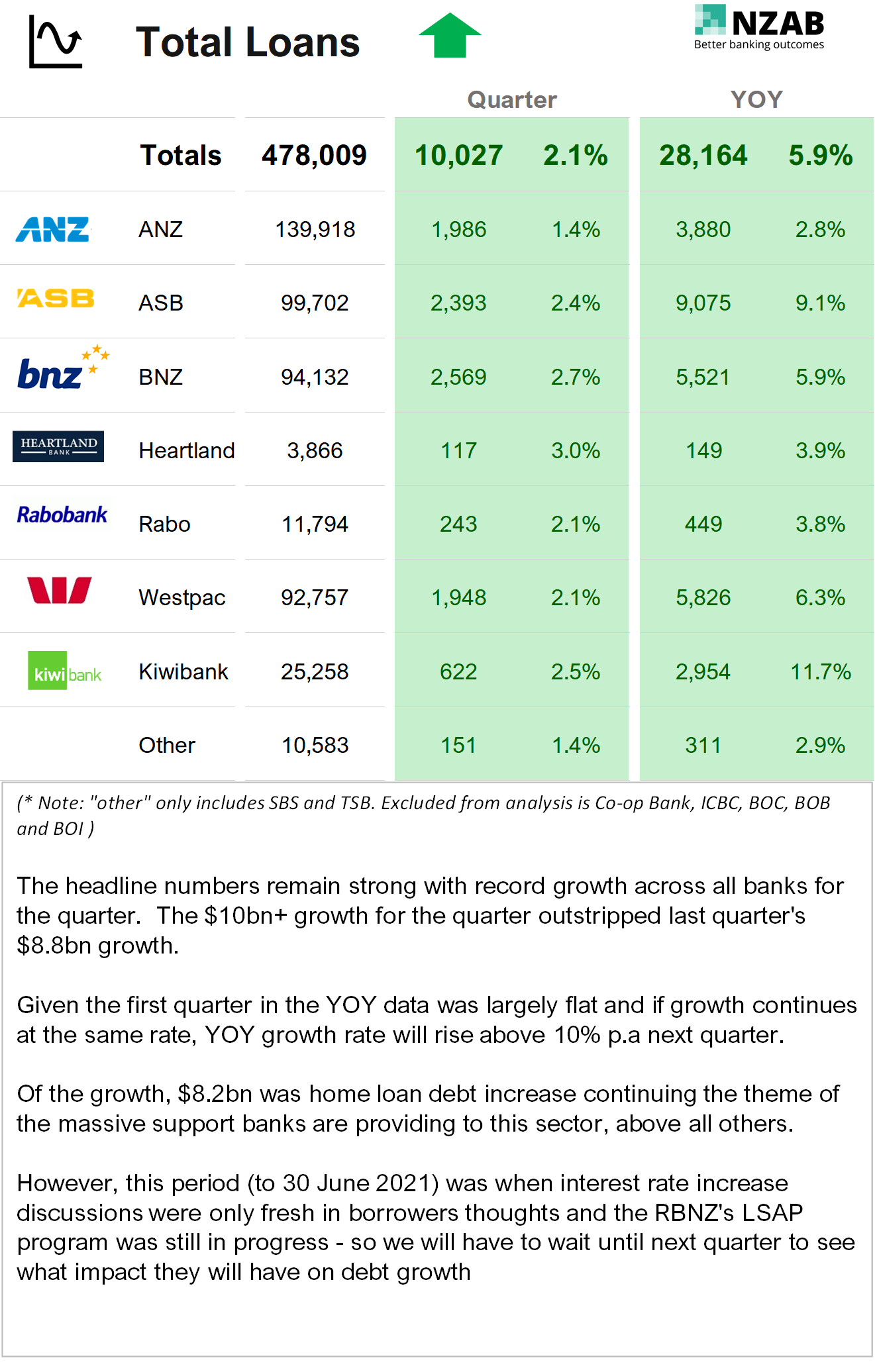As we round out the year, I want to thank all of our clients and industry professionals that we deal with for your support this year.
Next year marks 5 years of NZAB. A tremendous milestone and one we are hugely proud of.
As is natural at this time of year, I’m feeling a bit reflective so wanted to close the year out with a few of my own thoughts after 5 years of business ownership and leadership.
Panic slowly
I heard this phrase the other day and it resonates with me. It was in the context of environmental regulation and changes that we will be required to make over the coming years.
How I interpret this is that the key thing we can do is develop a mindset that is accepting that things will need to change, be open to all possible solutions, but be careful and deliberate with implementing them. Don’t rush, don’t react, but don’t ignore. When the time comes, execute carefully. But make sure you execute!
Head space
This ones personal for me. The old grey matter has been pushed to the limit this year, and for the first time I put up the white flag and asked for help. I also took some time off and deleted my emails off my phone. It was only for two weeks, but the difference it made was unreal. I had burned out.
What I’ve learned is that you can be a leader and still need time off. You can be highly engaged in what you’re doing and still need time off. You can be in the middle of some really complicated problems and still need time off. You can put your hand up and ask for help and people don’t think less of you. Ironically I’ve found it really powerful and I’ve made more progress since as a result.
People are everything
As many of us are finding, getting staff is more and more challenging. It makes you realise what good staff can do and how hard it is to run a business without them. Invest in the good ones, don’t take them for granted, and find ways to empower them. In my experience it’s not always about the pay, but how you can engage them in the vision of your business and show them how they can be part of it.
Get closer to your customers
As farmers we’ve been lucky to have our products sold through large meat or milk companies. They’ve worked to create markets of customers for us and that has allowed us to grow. But we have to really listen now to understand what our actual end consumers want. A lot of the changes being asked of us are driven by customer demand. Ask yourself what would your consumers think if they had to come to you and buy direct? Why should they buy from you and not from someone else? What improvements would they like you to make to your product? What farm practices would they not like?
Protect your brand
Your brand is everything. We’ve probably all learned this to some extent while dealing with banks over the last few years. Your ability to access funding is often more about your brand than your financials.
If things are going well right now due to increased cashflow, don’t sway out of your lane too far. Stick to your plan. Stick to your strategy. If the strategy needs to change, then be deliberate about it. Make a plan and get buy in before executing. What you do now when the spotlight is off you will be analysed in great detail the next time things get hard.
But most importantly
Enjoy the journey! I seem to have to learn this one over and over again, but find the fun along the way. The kids are only young once. There will always be things that are urgent. You’ll always be under pressure to succeed. Even if that pressure only comes from within. My dad worked his arse off to build a business that would allow him to have more time later. He dropped dead in the paddock. The plan wasn’t complete.
To our readers, thanks for your regular feedback. We love getting your thoughts and insights. We also appreciate all of you that forward our emails on and encourage more people to sign up.
Have a great Christmas, and see you out there next year!








